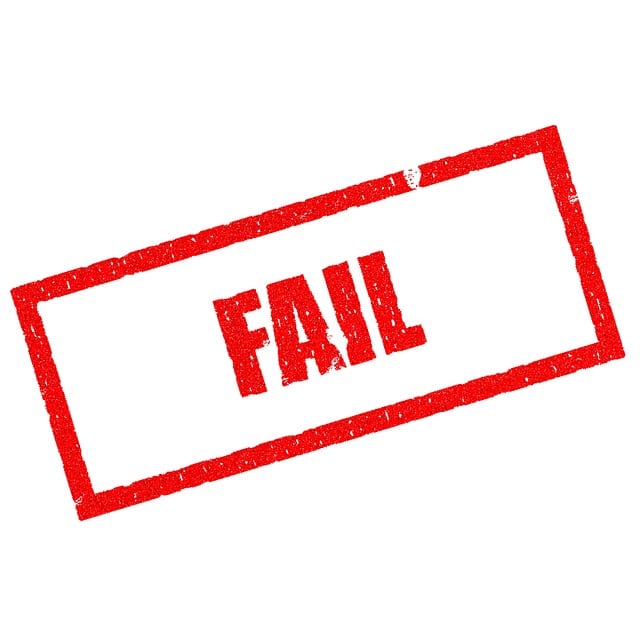You’ve seen them before in movies and TV shows. Maybe from Meet the Parents, Seinfeld, or Vanity Fair. A lot of people know about polygraph tests, but few people understand how they work. Maybe you’ve even heard that some states and districts no longer admit their results as evidence in a trial! If you face a trial where a polygraph test might be used against you, then you need to know whether or not they work. And so does your defense lawyer! So today we’ll examine, ‘Do lie detector tests work?’
How Do Lie Detector Tests Work?
First, how do these things work? How can they detect a lie? Polygraph tests measure the activity of your autonomic nervous system (ANS). Specifically, it measures your…
- Heart rate
- Blood pressure
- Respiration
- Skin conductivity
While measuring these things, a polygraph examiner will perform a Control Question Test (CQT). This involves asking specific questions directly related to the crime committed, followed by more general questions similar to the crime committed. For example, let’s say someone is under investigation for stabbing their brother, allegedly because their brother stole their money. The examiner will ask a relevant question directly related to the crime (“Did you stab your brother?”). Then, they’ll ask a control question, a general question not directly related to the crime (“Have you ever harmed anyone who betrayed you?”).
Answering Questions
Second, innocent people will feel pressure to tell the truth because they don’t want to get convicted for something they didn’t do. Therefore, an innocent person will feel less anxious about the first question. It’s so specific. They know they didn’t commit the crime, so they can answer straightforwardly. But an innocent person will feel anxious about the second question. It’s really vague. They might think, ‘Have I ever harmed anyone who betrayed? Maybe. I don’t know. Who hasn’t? Probably. If I say yes, will they think I’m guilty?’ In such a moment, their heart rate and blood pressure will increase, breath quicker, and conduct more electricity through their skin. But this tells the examiner the person isn’t guilty.
On the other hand, guilty people will show greater responses to the first question. They won’t be as nervous about the second question because they know they already lied in response to the first. Yet, if no differences exist, then the result is “inconclusive.”
Do Lie Detector Tests Work?
Third, now that we understand how polygraphs work, the problems with it should seem obvious.
- First, there is no magical formula to measure a lie. The test cannot measure deception itself; it can only measure your physiological responses to certain questions.
- Next, no physiological responses are unique to lying. You can lie without feeling nervous; you can tell the truth and feel nervous. Nothing about your ANS points directly to lying.
- Next, the test may determine you lied to a certain question, but why did you lie? Maybe you lied to protect a friend. Or because you want to conceal other information. Just because you lied does not make you guilty of the crime.
- Last, it’s almost impossible to determine whether or not polygraph machines actually do what they’re supposed to do. Who can really know whether or not someone lies? Plus, if you do an experiment and tell people to lie to see if the polygraph works, that knowledge and freedom to lie without consequences will make the test worthless. Again, because it does not actually measure deception itself, only your body’s response to questions.
Mark Catanzaro Can Pass the Test!
Finally, do lie detector tests work? As you can see, we can cast mountains of doubt on their validity. Contrary to popular belief, these tests prove almost nothing. Nevertheless, many courts see them as pieces of circumstantial evidence. And ignorant jurors may think the tests are full-proof. A wise defense attorney will make the jury doubt the results of the polygraph. The best one may even get it thrown out! Mark Catanzaro can do that! So contact him today.
